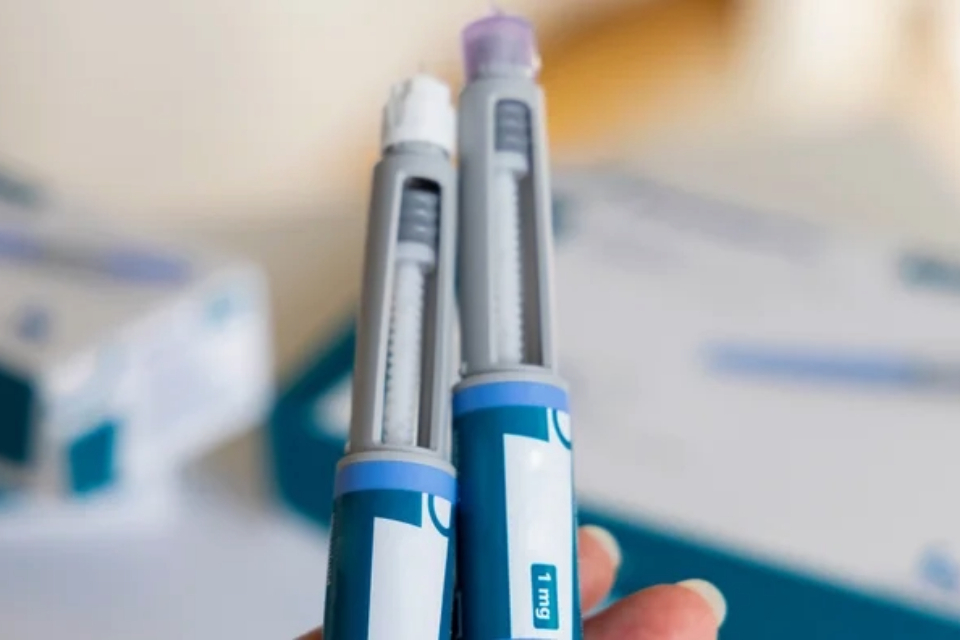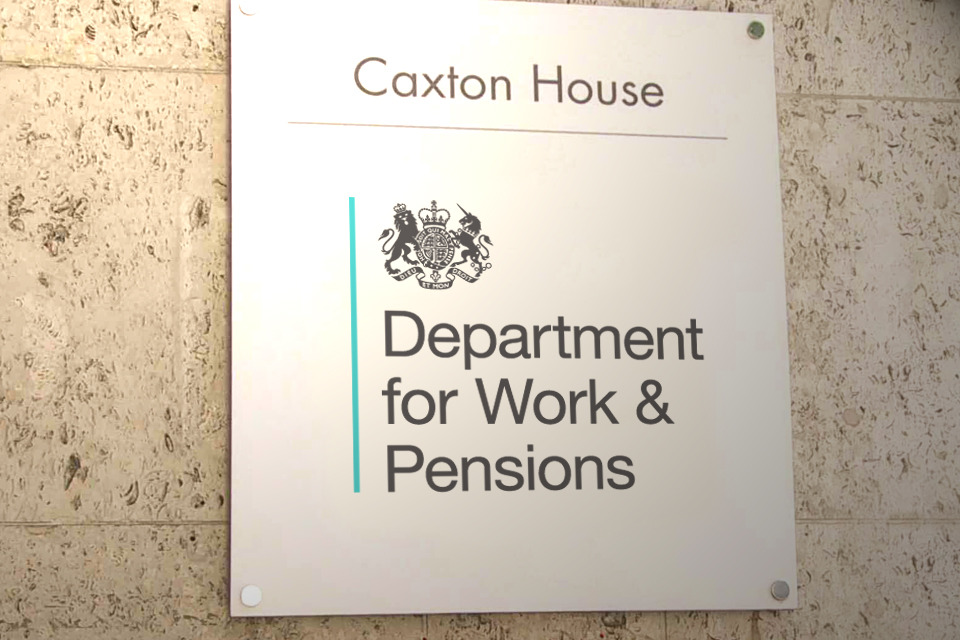New data from the UK Health Security Agency (UKHSA) shows that syphilis diagnoses in England continued to rise in 2024 compared to 2023.
Overall, there were 9,535 diagnoses of early-stage syphilis diagnoses in 2024 compared to 9,375 diagnoses in 2023 – a 2% rise. Concerningly, the overall figure for syphilis, including late-stage syphilis or complications from the infection, increased 5% from 12,456 in 2023 to 13,030 in 2024.
Encouragingly, there was a 16% drop in gonorrhoea cases, with 71,802 diagnoses of gonorrhoea in 2024, compared to 85,370 in 2023. The fall has been greatest in young people aged 15 to 24 years where there was a 36% reduction in diagnoses, but it is too soon to conclude whether this trend will continue.
There has been a concerning acceleration in diagnoses of antibiotic-resistant gonorrhoea cases. While most gonorrhoea infections can be treated effectively, certain strains present significant treatment challenges due to antibiotic resistance. Ceftriaxone resistance is particularly concerning as this antibiotic serves as the primary treatment for gonorrhoea infections.
Although numbers remain low, ceftriaxone-resistant gonorrhoea cases are being detected more frequently. There have now been 14 cases reported in the first 5 months of 2025, which is greater than the number of cases reported for the whole of 2024 (13 cases). Six of the 14 cases in 2025 have been extensively drug-resistant cases, which means that they were resistant to ceftriaxone and to second-line treatment options.
Most ceftriaxone resistant cases are associated with travel to or from the Asia-Pacific region, where the prevalence of ceftriaxone resistance is high.
The latest data also shows
-
the number of sexual health screens (diagnostic tests for one or more of chlamydia, gonorrhoea, syphilis and HIV) has remained relatively constant (2,380,498 in 2023 compared to 2,367,853 in 2024)
-
chlamydia diagnoses decreased by 13% to 168,889 diagnoses in 2024 from 194,143 diagnoses in 2023
-
first episode genital warts diagnoses decreased by 4% to 25,056 diagnoses in 2024 from 26,193 diagnoses in 2023 – diagnoses of genital warts remained low amongst 15 to 17 year-olds, the age-group targeted for school-based HPV vaccination (108 in 2023, then 78 in 2024)
Despite the declines in some STIs, cases still remain high and STIs continue to significantly impact young people aged 15 to 24 years; gay and bisexual men; and some minority ethnic groups. UKHSA is reminding everyone having sex with new or casual partners to use a condom and get tested regularly, whatever their age or sexual orientation. Testing is free and confidential, and you should get tested even if you are not showing any symptoms. Many people do not show symptoms which means people often pass on STIs without realising it.
Though STIs are usually easily treated with antibiotics, many can cause serious health issues if left untreated. Chlamydia and gonorrhoea can cause infertility and pelvic inflammatory disease, while syphilis can cause serious, irreversible and potentially life-threatening problems with your brain, heart, or nerves.
Dr Hamish Mohammed, Consultant Epidemiologist at UKHSA, said
Levels of STIs in this country remain a big threat to sexual wellbeing. These infections can have a major impact on your health and that of any sexual partners, particularly if they are antibiotic resistant. If you’ve had condomless sex with new or casual partners, either in the UK or overseas, get tested for STIs and HIV at least yearly, even if you don’t have symptoms. Regular testing protects both you and those you’re having sex with.
From August, eligible people will also be offered vaccination to reduce the risk of gonorrhoea and we expect to see the immunisation programme have an impact on diagnoses of this infection in coming years. Please take up the vaccine if you are offered it.
Dr Amanda Doyle, National Director for Primary Care, Community, Vaccination and Screening Services at NHS England, said
STIs can have a major impact on your health so it’s good to see rates of gonorrhoea coming down and why, last month, we announced the rollout of the world-first vaccination programme for gonorrhoea which is a crucial step forward in providing protection against the infection.
Testing for STIs is free for those who need it and I would urge anyone who has had unprotected sex or started seeing a new partner to take the opportunity to get tested – helping to keep yourself and others safe.
STI testing is free and confidential and can be accessed through local sexual health clinics, university and college medical centres or through self-sampling kits sent discreetly through the post.
In addition
-
women, and other people with a womb and ovaries, aged under 25 years who are sexually active should have a chlamydia test after having sex with a new partner or annually
-
gay and bisexual men should have tests for HIV and STIs annually or every 3 months if having condomless sex with new or casual partners
The NHS has recently announced the rollout of the world’s first vaccine programme to protect against gonorrhoea, based on the Joint Committee on Vaccination and Immunisation’s (JCVI) advice. There is evidence that the 4CMenB vaccine offers 30% to 40% protection against gonorrhoea. Those eligible include gay and bisexual men with a recent history of multiple sexual partners or a bacterial STI. Some sexual health services will begin vaccinations in early August, with nationwide rollout from 1 September.






